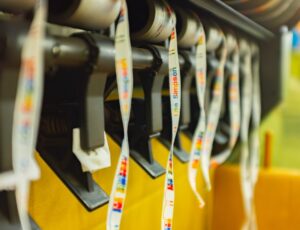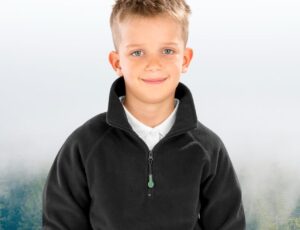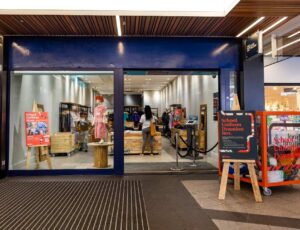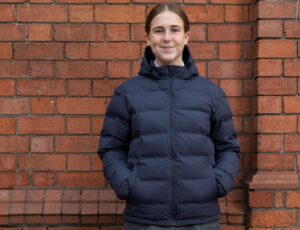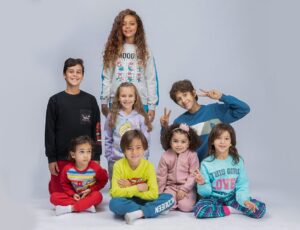George at Asda introduces schoolwear to support children with specific needs such as autism
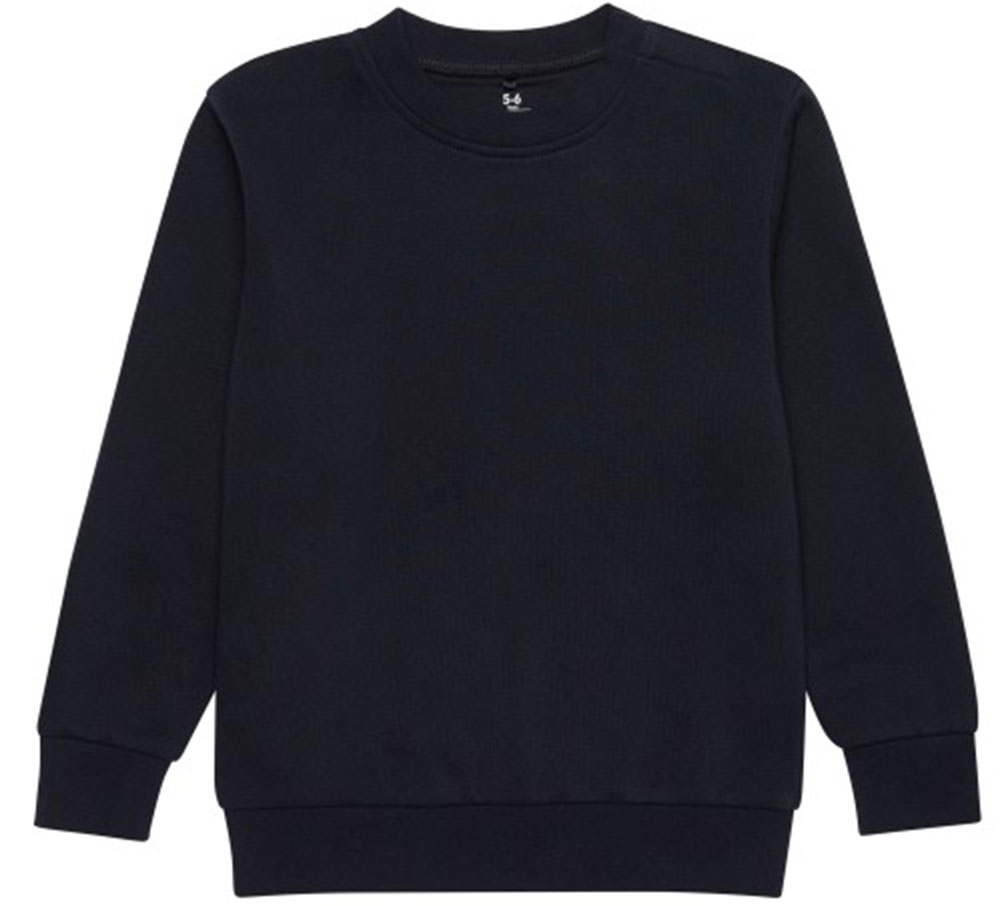
George at Asda has become the first UK supermarket retailer to offer schoolwear specially designed for children with specific or sensory-sensitive needs such as autism with its Easy On Easy Wear range.
The elements of non-specially designed clothes that cause the most issues for children with specific needs are itchy labels (38%); clothes that are hard to get on and off (38%); uncomfortable materials (34%) and seams that irritate them (31%).
To help with independent dressing, the Easy On Easy Wear range addresses all of these issues. For example, fiddly buttons have been replaced with easy close fastenings; although mock buttons ensure they look just like the regular range.
Meanwhile, all the clothing has softer thread used on the seams and care instructions are printed on the fabric rather than using labels. Elasticated waistbands also make trousers easy to put on and ensure they are extra-comfortable.
8 in 10 parents (79%) of children with specific needs say it is difficult to get their children dressed every day.
As such, nine in ten (89%) say they have become ‘distressed or upset’ trying to dress their children or watching them try to dress themselves. Plus, nearly half (45%) say this is the case ‘most or every day’. Similarly, 90% say their children themselves often get distressed whilst trying to get dressed.
The research found that it takes nearly twice as long (88% longer) for children with specific needs to get dressed. This is due to clothing being designed with neuro-typical children in mind. For example, with tight necklines, hard to do up buttons, or non-elasticated cuffs.
Commenting on the range is Caroline Hicks, head of schoolwear at George. “We’re very proud to be the first supermarket retailer in the UK to offer clothing especially for children with specific needs.
“We have undertaken extensive research with customers and charities to ensure our clothing is suitable for them. Our main goal was to create clothing that allows independent dressing and that is more comfortable; thus addressing some of the challenges with clothing not designed for specific needs children.
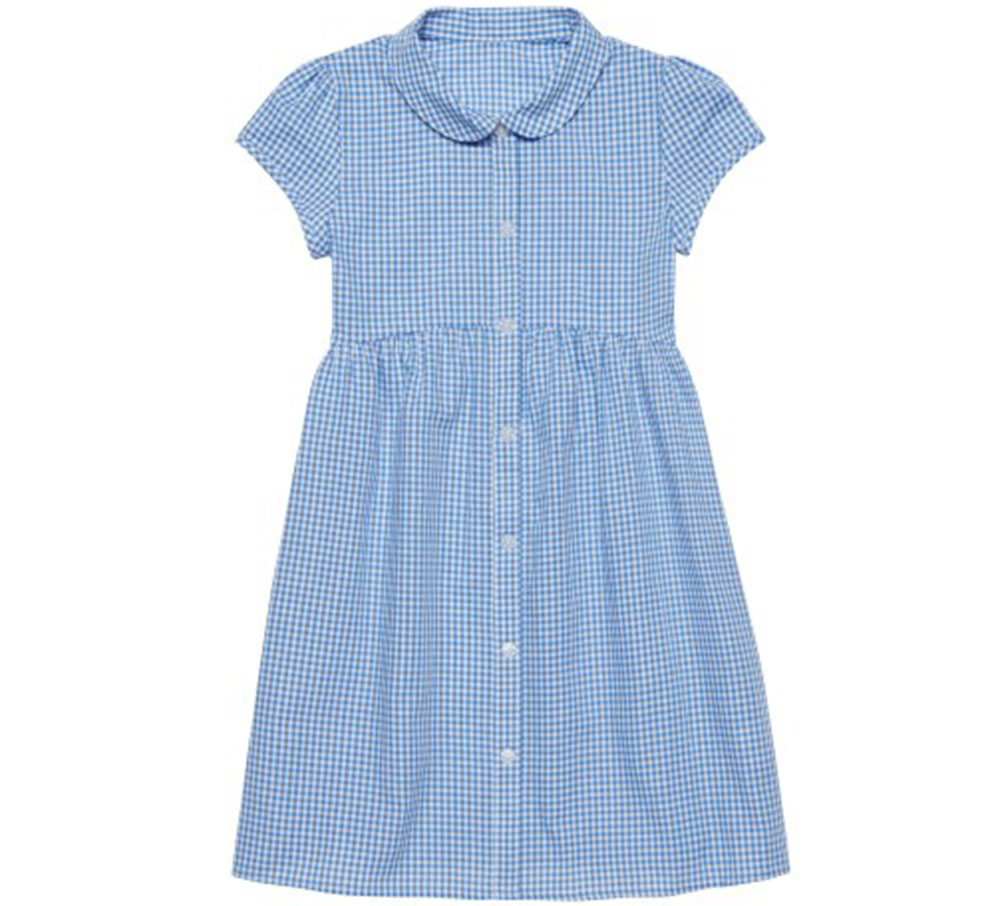
“Seventy-one per cent of children with autism attend mainstream schools. We know that these children want to look the same as their peers, so we have designed the range to look just like the rest of the school clothing we offer. The collection also comes with all the great quality, value and sustainability that you expect from the main range – and all at the same price too.”
Research also revealed, on average, parents of children with specific needs have to buy twice as many clothes to find suitable items.
Six in ten parents say regular clothing is simply not suitable for special needs children. And, whilst 81% have tried clothing made with specific-needs children in mind, 38% say there are not many options. Plus, 28% say they are too expensive.
Tom Purser, head of campaigns at the National Autistic Society, adds; “It’s great to hear that George at Asda will be developing autism-friendly clothing for children. Parents often tell us how sensory sensitivities can mean that autistic children struggle with clothing, like an itchy label, a scratchy seam, or an uncomfortable fabric.
“Finding clothing their children can wear can make shopping for clothes time consuming and stressful. Many parents have to scour specialist shops for everyday items that other families can buy easily. So, it makes a real difference when a major retailer takes this on. Simple changes like removing a scratchy label make an enormous difference.
“Around one in a hundred children are autistic in the UK. That’s around 120,000 school-age children – and they deserve to have the same choices as everyone else. We hope that even more retailers will come up with similar ideas and do their bit to help create a society that works for autistic people.”






